How Trauma Can Affect Relationships & How to Repair
Trauma has a way of lingering in the body and mind, shaping how we see ourselves, others, and the world. Even long after the traumatic experience has ended, its effects can subtly—and sometimes not so subtly—show up in our most intimate relationships.
Whether the trauma happened in childhood or adulthood, whether it was one event or a series of experiences over time, it can influence how we connect, trust, and communicate with the people we care about. The good news? Healing is possible, and relationships can grow stronger in the process.
How Trauma Shows Up in Relationships
Trauma affects everyone differently, but here are some common ways it can impact relationships:
1. Difficulty Trusting Others
When you’ve experienced betrayal, abandonment, or harm, it makes sense that trust might not come easily. You might find yourself pulling away emotionally or expecting others to hurt or disappoint you.
2. Overreacting to Conflict or Criticism
Trauma can prime the nervous system to stay in “fight, flight, or freeze” mode. Even small disagreements can feel threatening, leading to intense emotional reactions or complete shutdowns.
3. People-Pleasing or Avoiding Conflict
Some trauma survivors cope by keeping the peace at all costs. This can mean avoiding honest conversations, suppressing needs, or always putting others first—sometimes at the expense of your own wellbeing.
4. Fear of Abandonment or Clinginess
If trauma has left you feeling unworthy or unsafe, you might fear being left or rejected. This fear can lead to patterns of clinging, reassurance-seeking, or difficulty being alone.
5. Difficulty with Emotional Intimacy
Opening up or being vulnerable may feel risky if you’ve been hurt in the past. It can feel safer to stay guarded, even with someone you love.
How to Begin Repairing and Rebuilding
Healing within relationships takes time, patience, and often support from a skilled therapist. Here are some ways to start repairing:
1. Name the Patterns
Awareness is the first step. Gently noticing how trauma shows up in your reactions, thoughts, or behaviors can help you interrupt patterns and make new choices.
2. Communicate Openly
If you’re in a safe and supportive relationship, sharing your experiences and triggers can build understanding. “When this happens, I feel...” can go a long way in helping your partner respond with compassion.
3. Practice Nervous System Regulation
Breathing exercises, mindfulness, grounding techniques, and somatic therapy can help calm the body so you're not always in survival mode.
4. Set Healthy Boundaries
Boundaries aren’t about pushing people away—they’re about creating safety. Learning to say “no,” express needs, and advocate for yourself can be deeply healing.
5. Consider Therapy—Individually or Together
A trauma-informed therapist can help you unpack past experiences, rewire survival patterns, and build safer, more connected relationships. Couples therapy can also be a powerful space to heal together.
You Are Not Broken—You Are Healing
At Moonrise Therapy and Wellness, we believe healing is not about erasing the past, but about rewriting the story. Trauma may have shaped you, but it does not define you. Your relationships can be places of growth, restoration, and even joy—with the right support and intention.
Whether you’re navigating trauma on your own or with a partner, we’re here to walk alongside you as you rise toward hope and healing.
